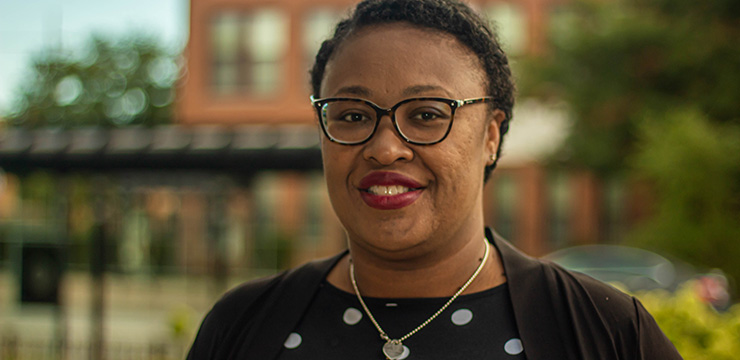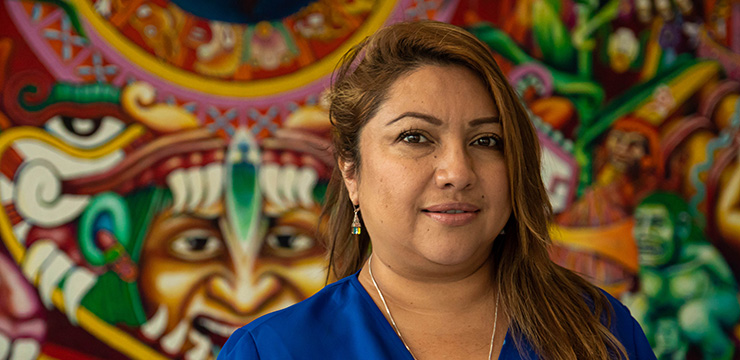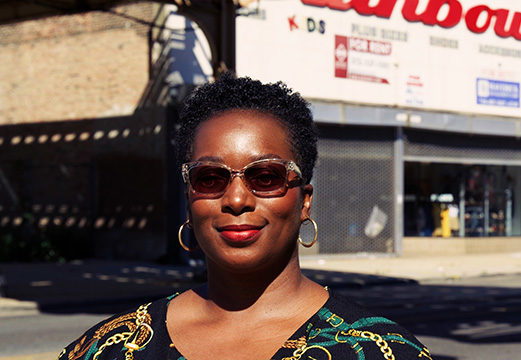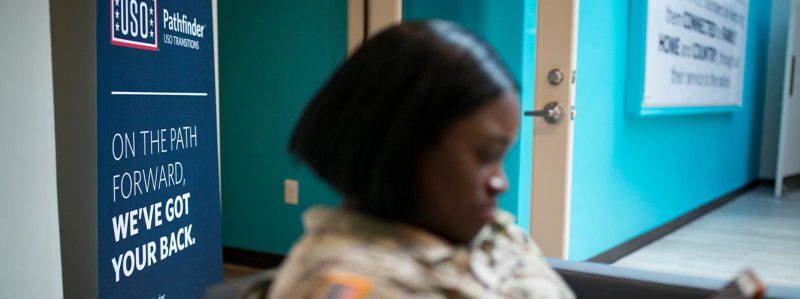The Chicago Citywide Literacy Coalition was formed in 2003 to advocate for the improvement of adult literacy programs. Today, the organization works closely with workforce development organizations and gathers resources for adult education organizations to increase their capacity. The CCLC strives to help underserved adult learners improve their quality of life and become economically successful through educational programs involving technology and health literacy, the Career Pathways program, and continued literacy advocacy.
When the CCLC recognized the declining number of adult education programs on the South Side of Chicago, which approximately 250,000 adults could benefit from, the organization took action to launch the South Side Career Pathways Collaborative in 2019 and created an organized career pathway system for the community.
“My role as the Mid-South Career Pathways Navigator is to connect 12 adult education and workforce development organizations to increase their capacity and help connect adult learners to the resources they need through the Mid-South American Job Center,” said Keona Owens, who took on the new role in April during the rise of the COVID-19 pandemic in Chicago.
I’ve always wanted to be an advocate for individuals who don’t have that voice or can’t access the resources they need to strive. The way the CCLC advocates for the community is one of the things that drew me to the organization.
Keona Owens
The new position was a natural fit for Keona because she is the Chair of the South and West Side Literacy Coalition, which is part of the CCLC. “Taking on the additional responsibilities was an easy transition because the team was very supportive”, she added. “It was a challenge at first to balance work with family and eLearning at home and pivot to a digital work environment while helping clients with the same obstacles. Having a dedicated, supportive team made a big difference.”
“I’m looking forward to getting back to the office because I love connecting with people. Some people have adjusted quickly, but there is still a digital divide. Others can’t adapt as easily and have struggled with technology. I’m really looking forward to working with them in person again and connecting them to the resources they need,” noted Keona. “We’re here to be part of the driving force and push people to the next level because sometimes what they lack is opportunity. It’s so motivational to see someone rise out of a difficult situation and overcome those obstacles. That’s what inspires me to get up every morning and do my job.”



